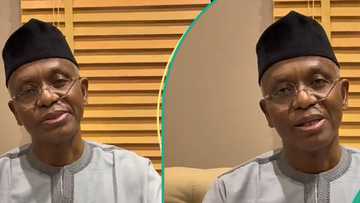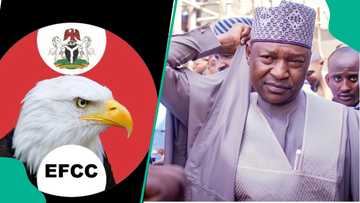
Economic And Financial Crimes Commission (EFCC)
Establishment and Mandate
The Economic and Financial Crimes Commission (EFCC) was established on December 12, 2002, by the Nigerian National Assembly under President Olusegun Obasanjo.
Operational activities commenced on April 13, 2003, with Mallam Nuhu Ribadu as the first Executive Chairman.
The EFCC was created to combat economic and financial crimes, including advance fee fraud, money laundering, and other related offences.
Leadership and Organisational Structure
The EFCC is currently led by Executive Chairman Olanipekun Olukoyede, who was appointed by President Bola Tinubu on October 12, 2023.
The Commission operates under the EFCC Establishment Act, which empowers it to investigate, prosecute, and prevent economic and financial crimes.
It is structured into 15 zonal commands across Nigeria, with its headquarters located in Abuja.
Recent Developments and Achievements
Under Olukoyede's leadership, the EFCC has intensified efforts in asset recovery and public enlightenment campaigns.
In 2024, the Commission secured over 3,000 convictions, demonstrating a significant improvement in its prosecution success rate.
Additionally, the EFCC has been proactive in addressing internal misconduct, dismissing 27 personnel in early 2025 for fraudulent activities and misconduct.













